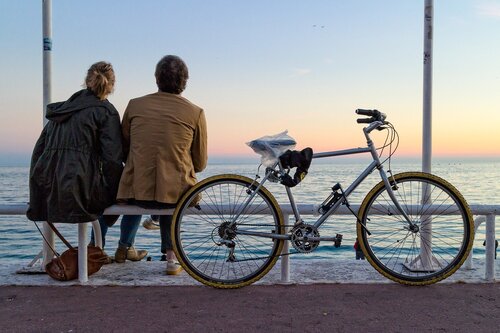Une capacité à épargner en hausse
En juillet, l’indicateur de confiance des ménages de l’Insee a reculé de 2 points par rapport à juin, passant à 94, en dessous de sa moyenne de long terme qui est de 100. L’enquête réalisée par l’Insee auprès de 2 000 ménages interroge les Français sur plusieurs sujets :
- Le niveau de vie passé et à venir
- La situation financière passée et à venir
- La capacité d’épargne actuelle et future
- L’opportunité d’épargner
- L’opportunité de faire des achats importants
- L’évolution des prix
- Le chômage
Le moral des Français défini par l’Insee repose donc sur des données économiques. En juillet, ceux-ci confirment leur souhait de continuer à épargner, et ils sont en capacité de le faire. En effet, l’indicateur sur l’opportunité d’épargner est en hausse pour le troisième mois consécutif, et a augmenté de 9 points en juillet.
100 milliards d’euros d’épargne d’ici la fin de l’année
Pendant le confinement, les ménages ont épargné 55 milliards d’euros. Si cette épargne était en partie « forcée », la tendance s’est tout de même poursuivie malgré le déconfinement : le montant total épargné atteignait 75 milliards d’euros le 5 juillet.
D’après les analystes, un rattrapage total du niveau de consommation pré-confinement à l’automne semble de plus en plus improbable, et l’épargne contrainte du confinement va probablement se transformer en épargne de précaution.
Le gouvernement estime que cette épargne pourrait atteindre les 100 milliards d’euros d’ici la fin de l’année, une somme susceptible de peser sur la relance économique. Plusieurs mesures ont été prises pour rassurer les ménages et les inciter à ne pas trop épargner, comme le plan jeunes ou encore les accords de chômage partiel de longue durée.
Reste que, pour le troisième mois consécutif, la part des Français estimant que leur niveau de vie s’est amélioré au cours des 12 derniers mois a encore fortement diminué. Si les craintes des ménages concernant l’évolution du chômage baissent légèrement, la prudence reste de mise pour la plupart d’entre eux.
